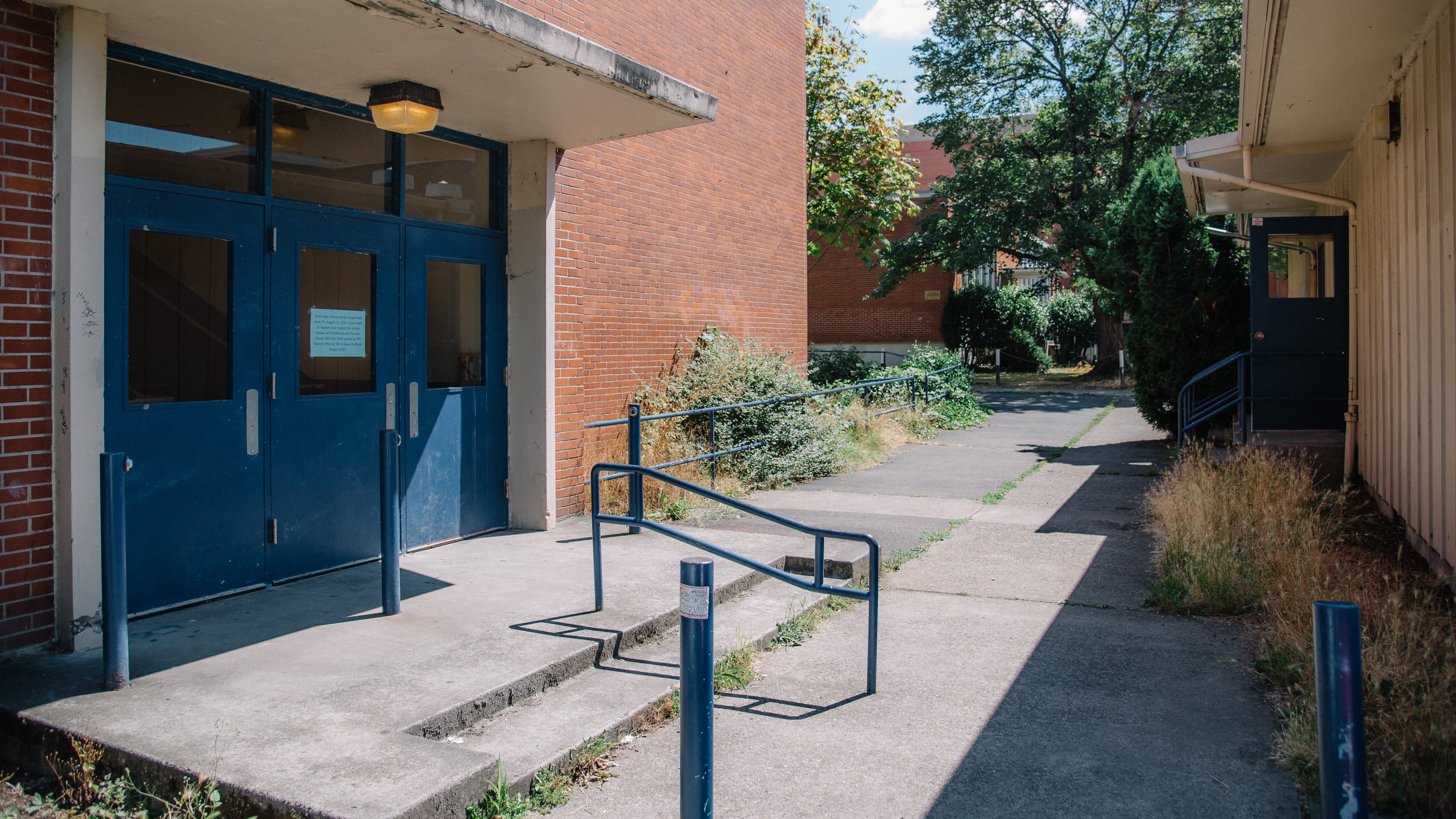As another school year wound down in June 2023, the Oregon Legislature tasked the state Department of Education with overhauling what’s known as its accountability framework. For nearly a year, the department has been crafting ways to more transparently disclose its funding and outcomes, in order to hold school districts and state bureaucrats responsible for flatlining student achievement.
Oregon’s schools have plenty to be held accountable for. Just 42.5% of students statewide are proficient in English and language arts, and their scores in other subjects are even worse: Math is at 31% and science is at 29.3%. The state has also seen declining enrollment and high rates of chronic absenteeism.
In December, ODE presented its new accountability framework.
But some education policy specialists say the new framework is too broad to be effective. Dr. Christine Pitts, an Oregon education policy advocate, is blunt: “We actually don’t know what accountability is in our state.”
WHAT’S AT ISSUE: State lawmakers passed House Bill 2656 in June 2023, requiring a reevaluation of ODE’s accountability framework. It formed a 40-member accountability advisory committee to “review accountability programs in other states and make recommendations” for a new framework, according to the department’s website.
In a letter accompanying the new framework, department director Dr. Charlene Williams wrote that Oregon could not keep hoping for incremental change. The framework that ODE previously relied on was more of an “ecosystem,” Williams wrote, and was “incredibly complex.”
“Oregon’s scholars deserve a cohesive framework,” she added, “that shows us not only where we are but where we can go.”
The result, released in December, is a framework comprising five goals. Roughly put, they are: provide high-quality learning experiences to all students, create a seamless educational path from preschool to college, ensure all communities are heard from, create safe and inclusive schools, and support staff. These goals establish the baseline by which ODE says school performance should be evaluated.
Each goal is fleshed out with “levers,” or priority tactics that ODE believes will have the greatest effect on student outcomes.
The framework emphasizes that accountability should not be limited to educational outcomes. Instead, ODE also wants to foster “meaningful relationships” in the school system, establish reciprocal and shared accountability between different layers of government, and ensure resources are distributed fairly.
Four recommendations accompany the framework. They are to make data more accessible to the public, peer under the hood at how education is funded, make it easier for districts to report data for grants, and identify low-performing schools and districts and intervene.
WHO HAS BEEF: Some education policy experts aren’t sold on the reimagined framework—they say it lacks the teeth necessary to be effective.
Pitts, the education policy advocate and an Oregon parent, says the state needs to understand that accountability is more than accounting. Making sure money is spent where it’s supposed to be is important, she says, but the state also needs to evaluate if what it’s putting funding toward actually produces results.
She offers North Carolina as a contrast to Oregon. When Pitts taught second and third grade there, she says, her students’ performance on standardized tests was used to evaluate her performance as a teacher. She’d submit her lesson plans to her principal and get them revised. “What mattered,” she says, “was this high-quality objective that all statewide standards were being met.”
ODE’s framework is instead flexible with how it measures success for students. In one suggestion, the framework proposes reviewing student assessments to “explore alternatives” that could include identifying different criteria for testing and providing “a menu of assessment options to school districts.” In other words: If students don’t pass the tests, find different tests.
“If we eliminate these assessments or fail to use them effectively, we risk losing critical data needed to measure growth and track progress over time,” says Jill Vogt, who’s spent 15 years working in Oregon public education.
Vogt takes issue with the levers the framework says it prioritizes. For example, to ensure high-quality learning experiences for all students, ODE suggests “learning experiences that result in growth toward and beyond proficiency.” Vogt finds these priorities vague, and she’s dismayed that high-quality curriculum and instruction aren’t listed as levers. “If we prioritize everything, we are not prioritizing anything,” she says.
Pitts adds that the framework’s focus on “reciprocal accountability” similarly holds everyone responsible—and therefore no one. She says someone, whether it’s Gov. Tina Kotek, an ODE official, or school district superintendents, needs to take responsibility for failing student outcomes.
“It sounds really noble that we’re collectively accountable for our schools,” Pitts says, “but our children are failing. Who is going to own that? Who’s going to take responsibility?”
As for strengthening K-12 funding? Both policy advocates say that if schools are going to ask for more money, they need to produce a stronger return on investment.
“If we’re going to be investing money in schools which are public, high quality, equitable and accessible for all children, then we should be ensuring that those investments get every single kid access to quality learning and outcomes,” Pitts says. “Right now, we just let some kids go invisible.”
HOW THE DEPARTMENT RESPONDED: In an email to WW, ODE spokesman Marc Siegel says the department is working with the governor’s office to develop a more detailed action plan for implementation of the framework.
This framework “was designed to provide a clear vision and strategic direction while leaving room for flexibility in implementation,” Siegel says. “We expect that it will be further refined as engagement continues.”
In a letter to advisory committee members, Gov. Kotek wrote that she’d partner with Williams to build on the foundation with “specific actions to improve outcomes for Oregon students in the short, medium, and long term.” Kotek added that she’d connect the accountability framework with increasing money for the state school fund.
“Along with this push for additional public education funding, we must also maximize the outcomes with the funding that we have right now.”

